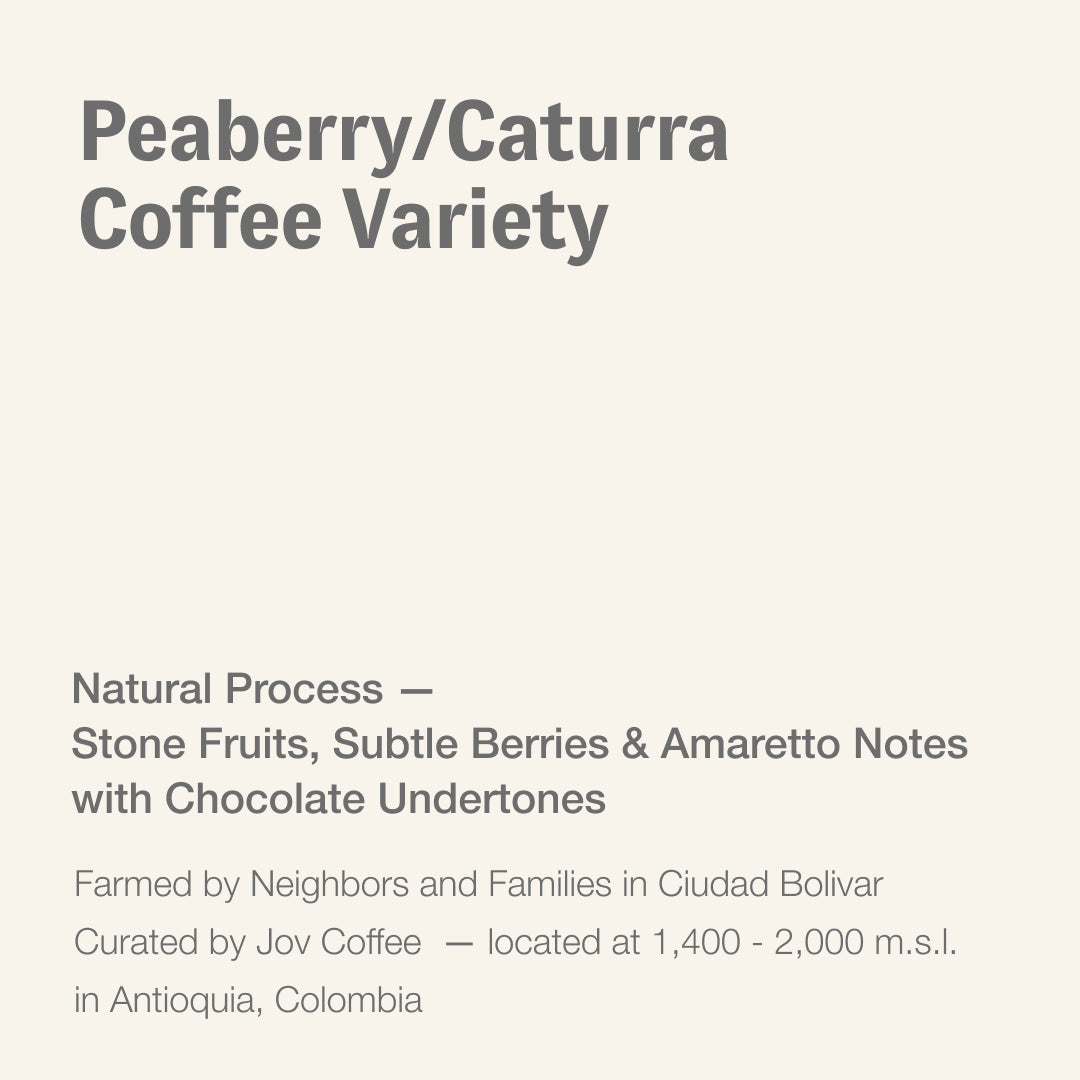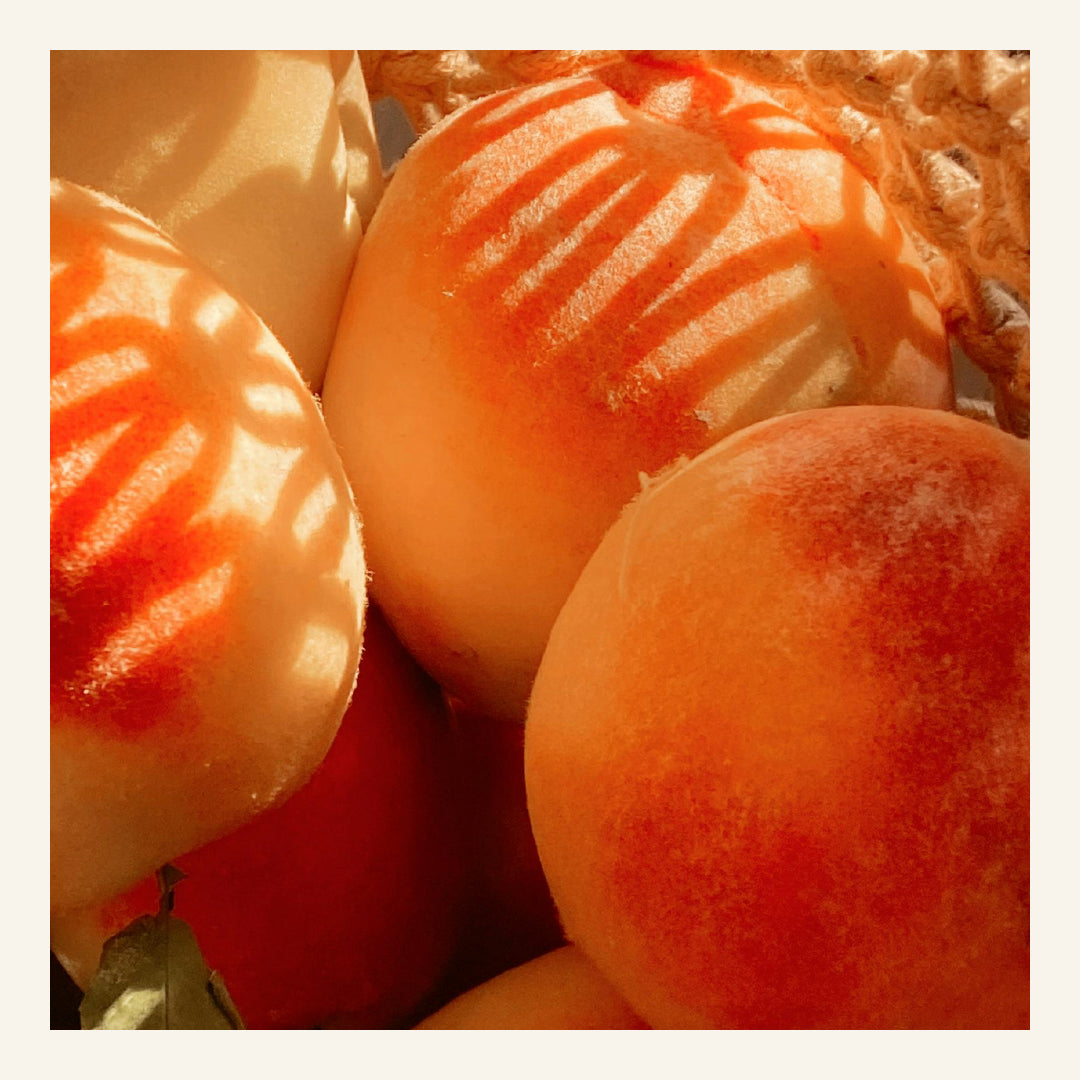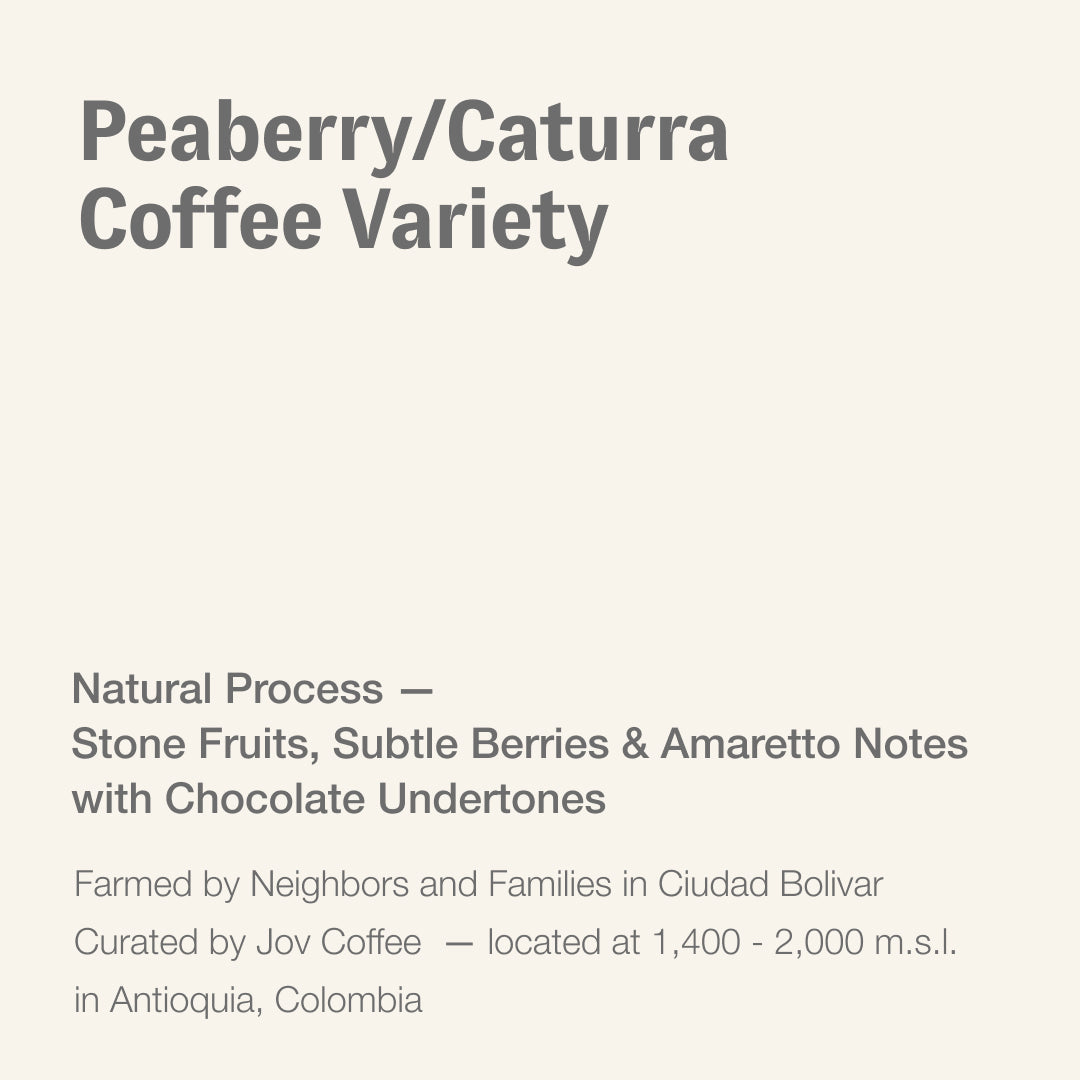luckycatcoffee.de
Regular price
€15,25
Regular price
Sale price
€15,25
Unit price
per
Tax included.
Shipping calculated at checkout.
Couldn't load pickup availability
Light Roasted Peaberry Caturra Coffee Variety Curated by Jov Coffee
250g €15,25 (1kg/ €61)
Variety
Variety
Process details
Process details
Location
Location
Coffee Supply Chain
Coffee Supply Chain


-
Free Shipping
- In Germany on orders above €35 Free shipping.
- In EU & UK on orders above €65 Free shipping.


